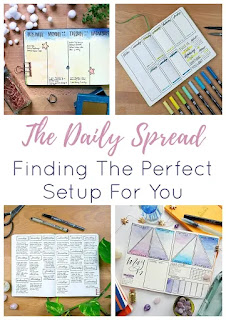I thought I'd bring back this post from almost two years ago because it seems very relevant at this moment. I have been writing this column here for a number of years now, and have watched the number of people engaging with each post dwindle month by month.
In light of this, and the fact I feel very much like I've covered almost every topic I'm qualified to offer advice on, I'm planning to make November 2024 my final month as O'Abby. So if you have any burning questions, get them in quick...
Dear O'Abby,
I'm a writer and have been blogging pretty regularly for over 10 years now. I started because it was THE thing all writers seemed to do and as a baby writer, it felt like I had to if I wanted to be a real writer. Now, blogs seem so much less prevalent and I'm noticing the number of comments and traffic seems to be slowing to my own blog. I'm wondering if in 2023 blogging is still necessary for writers?
Maybe I should spend my time somewhere else?
Kind regards,
Blogged-Out
Dear Blogged-Out,
I hear exactly what you're saying. Back in the 2010s, every writer seemed to have a blog and there were multiple blogs offering writing advice, competitions, publishing tips and anything else in between. There also seemed to be a far larger number of passionate readers with blogs specifically for book reviews and talking about books than there are now.
Like everything else you do as a writer, blogging is a personal choice. If you don't enjoy it and struggle to find content, maybe it is time to quit. But if it is something you enjoy, why stop? You may not be getting the comments you used to, but I bet you have a handful of loyal followers who enjoy what you post. You may even consider some of these people friends.
The key to a good blog is consistency, both in when you post and what you post. If you blog about something you're truly passionate about and write about it in a way only you can, it's far more likely to be successful than if you post stuff because you feel you have to.
If you're feeling burned out with blogging and struggle to think up content to post, but don't really want to give up entirely, switch up your schedule. Maybe you post three times a week now - can you drop down to one post per week? Would your readers care? Just signal your intentions. Write a post explaining that in 2023 you're only going to post on Fridays or Tuesdays or whichever day.
And if you want to change the focus of your blog, signal that too. Maybe you want to keep up the three posts a week, but rather than being three posts on a single topic, you want to switch one to something else you are interested in. You may find new people discover your blog when you shift the focus a little, even if it is for just one post a week.
I hope that helps! Never feel obliged to do something you don't enjoy just because other people are doing it.
X O'Abby
















